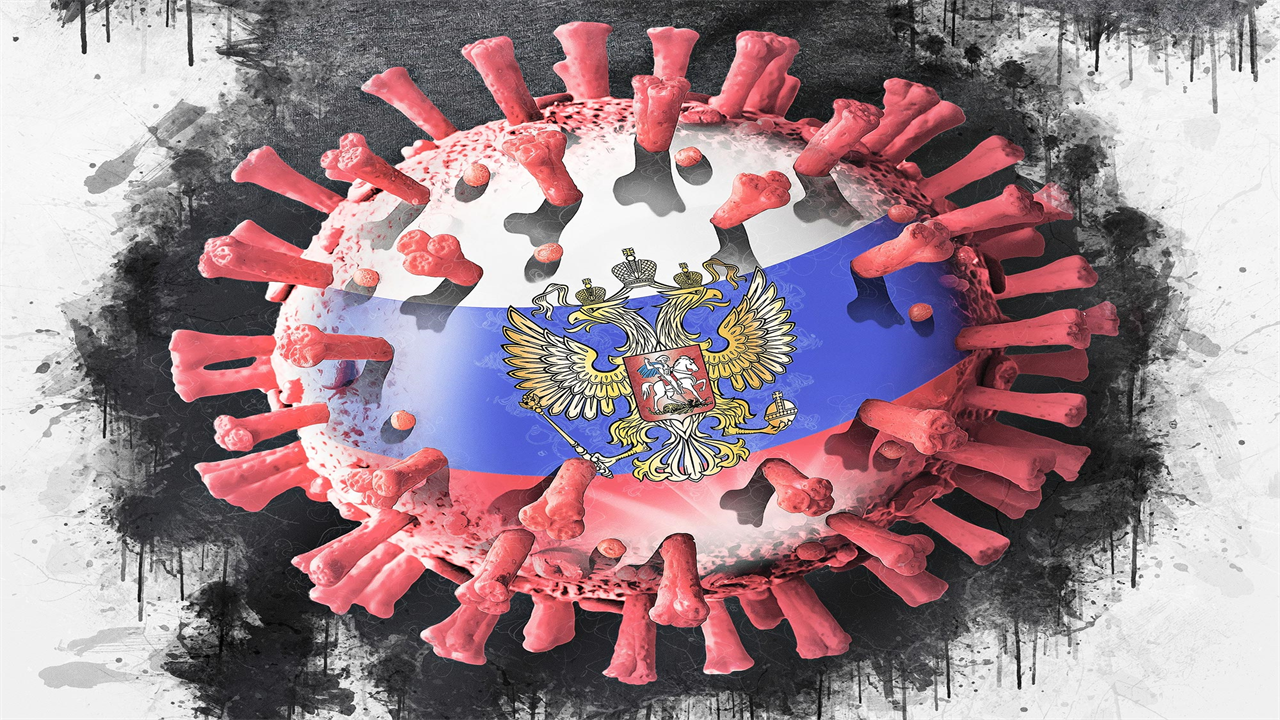Single “Lucky” Substrain of Delta Variant Accounts for 90% of COVID-19 Infections in Russia
0 View
Share this Video
- Publish Date:
- 11 December, 2021
- Category:
- Covid
- Video License
- Standard License
- Imported From:
- Youtube
Tags

Scientists from Skoltech and their colleagues have looked at the genetic makeup of the dominant strain of the coronavirus, the delta variant, in Russia. According to them, one viral subvariant was soon responsible for an overwhelming majority of cases, unlike many other countries. The team concluded that this was probably purely coincidental and not because the substrain is more infectious or resistant to immunity. Reported in a preprint on medRxiv, the findings suggest that in the beginning of a new pandemic wave, every case counts and tight travel regulations are an effective countermeasure.
Researchers are tracking the emergence and spread of several sub-variants of the coronavirus, technically known as lineages, to keep an eye on the evolving virus and find out early enough about some of the vile mutations it can get — the ones that make it better in infecting humans, resisting natural or vaccine-based immunity and evading test kits.
“But a sublineage can also turn out to be successful just because it got lucky. And understanding such scenarios is also important to understand the epidemic and predict how it will evolve,” said the study’s lead researcher, Georgii Bazykin of Skoltech and the Kharkevich Institute for Information Transmission Problems, or RAS. with the delta variant, which dominated the Russian epidemic between April and October 2021.”
The researchers found that a specific lineage, called AY.122, “was responsible for 85% of all Russian infections in April 2021, but only 0.5% of cases worldwide,” the paper says. More than 90% of the viral samples analyzed in the study showed a telltale array of mutations, strongly suggesting that they all descended from a single case of infection “imported” from abroad. While the genetic evidence also points to several other import events, they have been relatively unsuccessful.
Neither the delta spread in most other countries nor the pre-delta coronavirus waves in Russia were characterized by one sub-strain that dominated the domestic epidemic to the extent revealed in the study. This puts Russia in one group with Singapore, Australia, the UK, Turkey and Japan, where no specific genetic diversity is seen in the delta variant. At the opposite pole are countries like Poland, Greece, Romania and the Czech Republic, which saw the emergence of multiple competing sub-tribes.
“While the success of the sublineage that reigns in Russia apparently has nothing to do with its adaptability, perhaps the biggest conclusion is this: we can clearly see how the number of infectious diseases imported from other countries early in a new wave can have a huge effect of the epidemic, because even a single import of a not particularly nasty subvariant can quickly get out of hand,” Bazykin said.
This suggests that severe travel restrictions imposed early on could play a decisive role in delaying and delaying when the next wave hits. This is useful to reduce the burden on health care and make maximum use of the facts that emerge as we become more aware of the path of the evolution of the virus.
“I see these findings in a hopeful light. Since the number of cases imported into a country in a week, for example, turns out to be so important early on, smart policy making can really be effective,” the researcher concluded.
Reference: “The Emergence and Spread of the SARS-CoV-2 AY.122 Line in Russia” By Galya V. Klink, Ksenia Safina, Elena Nabieva, Nikita Shvyrev, Sofya Garushyants, Evgeniia Alekseeva, Andrey B. Komissarov, Daria M Danilenko, Andrei A. Pochtovyi, Elizaveta V. Divisenko, Lyudmila A. Vasilchenko, Elena V. Shidlovskaya, Nadezhda A. Kuznetsova, The Coronavirus Russian Genetics Initiative (CoRGI) Consortium, Andrei E. Samoilov, Alexey D. Neverov, Anfisa V Popova, Gennady G. Fedonin, The CRIE Consortium, Vasiliy G. Akimkin, Dmitry Lioznov, Vladimir A. Gushchin, Vladimir Shchur, and Georgii A. Bazykin, December 5, 2021, medRxiv.
DOI: 10.1101/2021.12.02.21267168
The study reported in this story was a joint work of many Russian institutions involved in the genetic analysis of SARS-CoV-2. Most of these organizations are affiliated with the Coronavirus Russian Genetics Initiative consortium.










